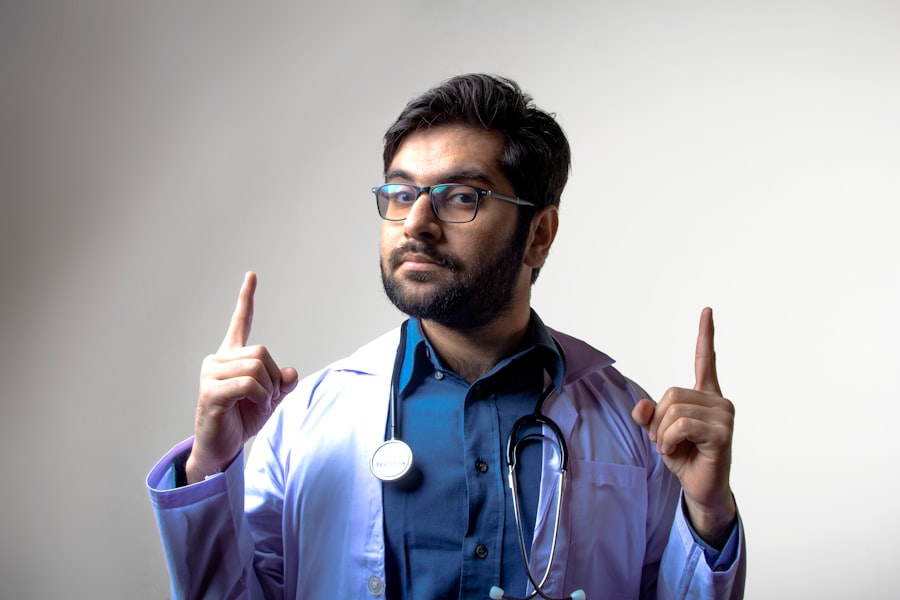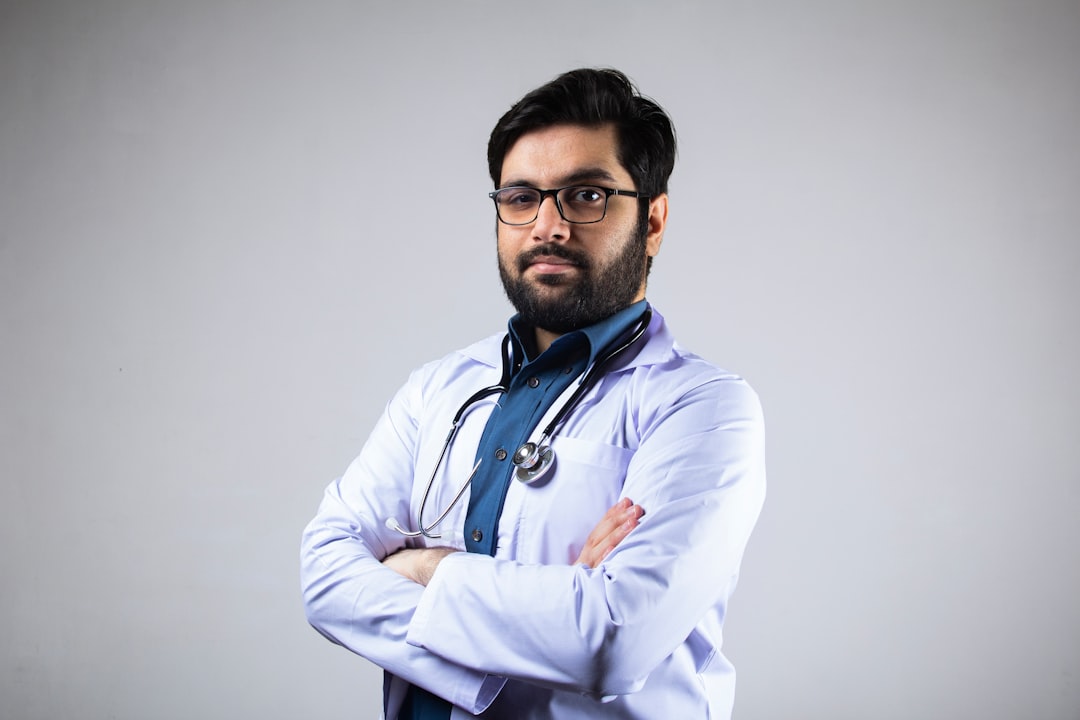The Norwegian healthcare system is renowned for its comprehensive and equitable approach to health services. Funded primarily through taxation, it ensures that all residents have access to necessary medical care without the burden of exorbitant costs. The system is structured around a public healthcare model, which means that most services are provided by government-funded institutions.
This model not only promotes accessibility but also aims to maintain a high standard of care across the board. The Norwegian government places a strong emphasis on preventive care, which is reflected in the various health initiatives aimed at promoting healthy lifestyles among its citizens. In addition to public healthcare, Norway also has a private healthcare sector that offers services for those who prefer shorter waiting times or specific treatments not covered by the public system.
However, it is important to note that the majority of Norwegians rely on the public system for their healthcare needs. The system is designed to be user-friendly, with a focus on patient rights and informed consent. Understanding how this system operates is crucial for anyone living in Norway, as it can significantly impact their overall health and wellbeing. Book your 1-hour strategy session with Norway Relocation Group.
Summary
- The Norwegian healthcare system is based on universal coverage and is funded through taxes, providing high-quality care to all residents.
- Finding a doctor or clinic in Norway can be done through the national health service website or by asking for recommendations from locals or expats.
- Navigating the emergency room in Norway may require a referral from a general practitioner, but emergency care is available to all, regardless of insurance status.
- Understanding prescription medication in Norway involves knowing that some medications may require a doctor’s prescription, while others can be purchased over the counter.
- Utilising telemedicine services in Norway is becoming increasingly popular, allowing patients to consult with healthcare professionals remotely for non-emergency issues.
Finding a Doctor or Clinic
Finding a suitable doctor or clinic in Norway can be a straightforward process, thanks to the well-organised healthcare system. Each resident is entitled to choose their own general practitioner (GP), known as a “fastlege.” This GP serves as the first point of contact for most health concerns and plays a vital role in coordinating further care if needed. To find a GP, individuals can visit the official website of the Norwegian Health Economics Administration (HELFO), where they can search for available doctors in their area based on various criteria such as location and specialisation.
Once a GP is selected, it is advisable to book an initial appointment to establish a rapport and discuss any ongoing health issues. It is worth noting that many clinics in Norway operate on an appointment basis, so it is essential to plan ahead. In addition to GPs, there are also specialised clinics for specific health concerns, such as dental care, physiotherapy, and mental health services.
These clinics often require referrals from a GP, so maintaining a good relationship with your chosen doctor is beneficial for accessing specialised care when necessary.
Navigating the Emergency Room

In Norway, emergency medical services are accessible through the number 113, which connects individuals to ambulance services and emergency assistance. The emergency room (ER) is typically located within hospitals and is equipped to handle urgent medical situations. However, it is important to understand that not all health issues require a visit to the ER; minor ailments can often be treated at a local clinic or by consulting your GP.
The ER should be reserved for serious conditions such as severe injuries, chest pain, or difficulty breathing. When visiting the ER, patients will be triaged upon arrival, meaning that medical staff will assess the severity of their condition before determining the order in which patients are seen. This process can sometimes lead to longer waiting times for those with less urgent issues.
It is advisable to remain patient and calm during this time, as the medical staff are working diligently to provide care to those in critical need. Understanding this process can help alleviate some anxiety associated with emergency situations and ensure that individuals receive the appropriate level of care when necessary.
Understanding Prescription Medication in Norway
Prescription medication in Norway is regulated by strict laws to ensure patient safety and proper use of pharmaceuticals. To obtain prescription medication, individuals must first consult with their GP or a specialist who can assess their condition and determine if medication is necessary. Once prescribed, patients can fill their prescriptions at pharmacies, known as “apotek,” which are widely available throughout the country.
It is important to note that some medications may not be covered by the public healthcare system, leading to out-of-pocket expenses for patients. However, many essential medications are subsidised, making them more affordable for residents. Patients should also be aware of the importance of adhering to prescribed dosages and schedules, as well as discussing any side effects or concerns with their healthcare provider.
This open communication ensures that patients receive optimal care and can make informed decisions about their treatment plans.
Utilising Telemedicine Services
Telemedicine has gained significant traction in Norway, particularly in recent years due to advancements in technology and the need for accessible healthcare solutions. This service allows patients to consult with healthcare professionals remotely via video calls or phone consultations, making it easier for individuals with mobility issues or those living in remote areas to access medical advice. Telemedicine can be particularly beneficial for follow-up appointments or non-urgent consultations where physical examinations are not necessary.
To utilise telemedicine services, patients typically need to book an appointment through their GP’s clinic or a dedicated telemedicine platform. During these consultations, healthcare providers can offer advice, prescribe medication if needed, and provide referrals for further treatment. While telemedicine cannot replace all aspects of in-person care, it serves as an invaluable resource for many patients seeking convenience and flexibility in managing their health.
Knowing Your Rights as a Patient

Understanding patient rights in Norway is essential for ensuring that individuals receive fair treatment within the healthcare system. The Norwegian Patient Rights Act outlines several key rights that every patient is entitled to, including the right to receive information about their health status and treatment options, the right to participate in decisions regarding their care, and the right to seek a second opinion if desired. These rights empower patients to take an active role in their healthcare journey and advocate for themselves when necessary.
Additionally, patients have the right to confidentiality regarding their medical information and can expect that their personal data will be handled with care and respect. If patients feel that their rights have been violated or if they have experienced substandard care, they have the option to file complaints with relevant authorities or seek legal recourse. Familiarising oneself with these rights not only enhances patient autonomy but also fosters a culture of accountability within the healthcare system.
Seeking Alternative and Complementary Medicine
In Norway, there is a growing interest in alternative and complementary medicine as individuals seek holistic approaches to health and wellbeing. Practices such as acupuncture, homeopathy, and herbal medicine are becoming increasingly popular among those looking for additional support alongside conventional treatments. While these therapies can offer benefits for some individuals, it is crucial to approach them with caution and ensure that they are used in conjunction with advice from qualified healthcare professionals.
Patients considering alternative therapies should discuss their intentions with their GP or specialist to ensure that there are no contraindications with existing treatments or medications. Additionally, it is advisable to seek practitioners who are certified and recognised within their respective fields to ensure safety and efficacy. By integrating alternative medicine into their overall health strategy while maintaining open communication with conventional healthcare providers, individuals can create a balanced approach to their wellbeing.
Understanding Sick Leave and Work Regulations
In Norway, employees are entitled to sick leave when they are unable to work due to illness or injury. The sick leave policy is designed to support workers during challenging times while ensuring that they do not face financial hardship due to lost wages. Employees must notify their employer as soon as possible when they fall ill and provide documentation from a healthcare provider if sick leave extends beyond three days.
The Norwegian government provides financial support during sick leave through the National Insurance Scheme (NAV), which covers a portion of lost wages for eligible employees. It is essential for workers to understand their rights regarding sick leave and any obligations they may have towards their employer during this time. By being informed about these regulations, employees can navigate their sick leave effectively while prioritising their health and recovery.
Accessing Mental Health Support
Mental health support is an integral part of the Norwegian healthcare system, reflecting a growing recognition of the importance of mental wellbeing alongside physical health. Individuals experiencing mental health challenges can access various services ranging from counselling and therapy to psychiatric care through public health facilities or private practitioners. The government has made significant investments in mental health services over recent years, aiming to reduce stigma and improve access for those in need.
To access mental health support, individuals can start by consulting their GP, who can provide referrals to specialists or recommend appropriate resources based on their specific needs. Additionally, there are numerous helplines and online resources available for those seeking immediate support or information about mental health issues. By prioritising mental health and seeking help when needed, individuals can foster resilience and improve their overall quality of life.
Dealing with Language Barriers
For expatriates or non-Norwegian speakers living in Norway, language barriers can pose challenges when navigating the healthcare system. While many healthcare professionals speak English fluently, it is still advisable for individuals to learn some basic Norwegian phrases related to health and medical terminology. This knowledge can enhance communication during appointments and ensure that patients feel more comfortable discussing their concerns.
In cases where language barriers may hinder effective communication, patients have the right to request an interpreter during medical appointments. Many clinics offer this service free of charge to ensure that all patients receive clear information about their health status and treatment options. By addressing language barriers proactively, individuals can better advocate for themselves within the healthcare system and ensure they receive appropriate care.
Tips for Staying Healthy in Norway
Maintaining good health in Norway involves adopting a balanced lifestyle that incorporates physical activity, nutritious eating habits, and regular check-ups with healthcare providers. The country’s stunning natural landscapes provide ample opportunities for outdoor activities such as hiking, skiing, and cycling—activities that not only promote physical fitness but also contribute positively to mental wellbeing. Additionally, Norwegians place great emphasis on healthy eating habits, often incorporating fresh fish, whole grains, fruits, and vegetables into their diets.
Being mindful of nutrition while enjoying traditional Norwegian dishes can help individuals maintain optimal health throughout the year. Regular exercise combined with a balanced diet forms the foundation of a healthy lifestyle in Norway. For those looking to learn more about Norwegian culture while enhancing their language skills—an essential aspect of navigating the healthcare system—consider enrolling in courses at the NLS Norwegian Language School.
These courses cater to various proficiency levels and focus on practical language skills that will empower you not only in everyday conversations but also in understanding medical terminology relevant to your healthcare needs. By investing time in learning Norwegian at NLS, you will be better equipped to engage with healthcare professionals effectively while immersing yourself in the rich cultural tapestry of Norway.
Speak Norwegian with confidence. Enroll in a class at the NLS Norwegian Language School now.

